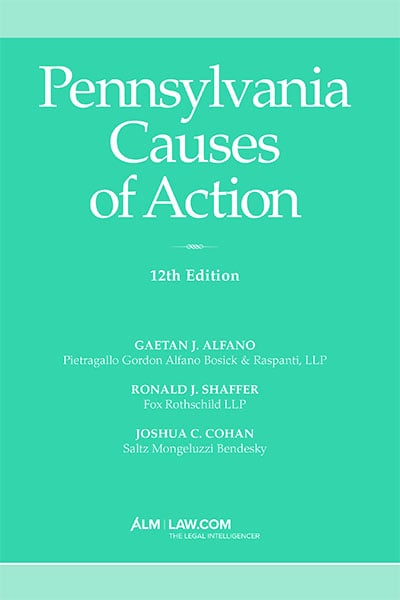0 results for '*'

'Clawback' Agreements Lose Their Grip in Court
The trouble with "clawback" agreements is the creeping doubt over whether they actually preserve privilege. Unless courts accept that new realities such as e-discovery require a new standard, dispensing with a privilege review in a case looks risky. Can clawback get a grip?
Small Firms Blaze a Trail for Privacy Suits
Going where many large law firms fear to tread, Matthew Righetti and other attorneys at small plaintiffs firms are pursuing class actions over electronic privacy breaches. Because the cases rest on untested laws -- and often involve victims with no monetary losses -- larger firms are letting smaller outfits like Righetti's take the first steps in this potentially risky litigation arena. Eager to find new practice areas without competition from big firms, the small shops have been happy to oblige.
How Fulbright Transformed Its Document Review
Attorney Laurie Weiss and Tom Barce of Fulbright & Jaworski describe how the firm's deployment of Recommind's Axcelerate eDiscovery with predictive coding functionality, concept clustering and data analytics automated e-discovery workflows and reduced the time and cost of document review.
Redact It With Redact-It Desktop
Redaction removes information from documents that you don't want others to see because they would use it against you or a client. Still, many people miss redacting data because they either don't use the right tools or they use them incorrectly. Redact-It Desktop may be one solution.
View more book results for the query "*"


Mechanisms That Help Reduce the Cost of E-Discovery
There are mechanisms your firm can put in place and practice to curtail e-discovery costs. Schwartz Simon attorneys Nuris E. Portuondo and Melissa A. Silver advise readers to implement a document retention policy or dedicate a group to maintain and retrieve ESI to help grind down costs.
Internet User Tracking Techniques Yield New Privacy Violation Claims
Marketing based on targeting online behavior -- where companies lawfully collect data on individual users -- is a technique used by publishers and advertisers to increase the effectiveness of their campaigns. However, new technology makes keeping the behavior private more difficult, and has given rise to renewed claims of unlawful intrusiveness.

Strapped for Cash, 'iBooks' Trademark Plaintiff Woos Quinn Emanuel
A small publisher's suit against Apple over a trademark for "iBooks" hasn't really progressed, but is already producing drama, including an unexpected appearance by Quinn Emanuel.
E-Discovery Drives $576K Costs Levied on Plaintiffs
For plaintiffs, the cost of losing a case is skyrocketing in complex, document-intensive litigation now that the federal courts are routinely approving e-discovery bills in the standard taxation of costs. Illustrating that trend is the recent decision by the Eastern District of Pennsylvania clerk to tax costs of more than $576,000 against losing plaintiffs.Trending Stories
- 1'It's Not Going to Be Pretty': PayPal, Capital One Face Novel Class Actions Over 'Poaching' Commissions Owed Influencers
- 211th Circuit Rejects Trump's Emergency Request as DOJ Prepares to Release Special Counsel's Final Report
- 3Supreme Court Takes Up Challenge to ACA Task Force
- 4'Tragedy of Unspeakable Proportions:' Could Edison, DWP, Face Lawsuits Over LA Wildfires?
- 5Meta Pulls Plug on DEI Programs
Featured Firms
Law Offices of Gary Martin Hays & Associates, P.C.
(470) 294-1674
Law Offices of Mark E. Salomone
(857) 444-6468
Smith & Hassler
(713) 739-1250
More from ALM
- Scan In Progress: Litigators Leverage AI to Screen Prospective Jurors 1 minute read
- Legal Speak at General Counsel Conference East 2024: Match Group's Katie Dugan & Herrick's Carol Goodman 1 minute read
- Legal Speak at General Counsel Conference East 2024: Eric Wall, Executive VP, Syllo 1 minute read





